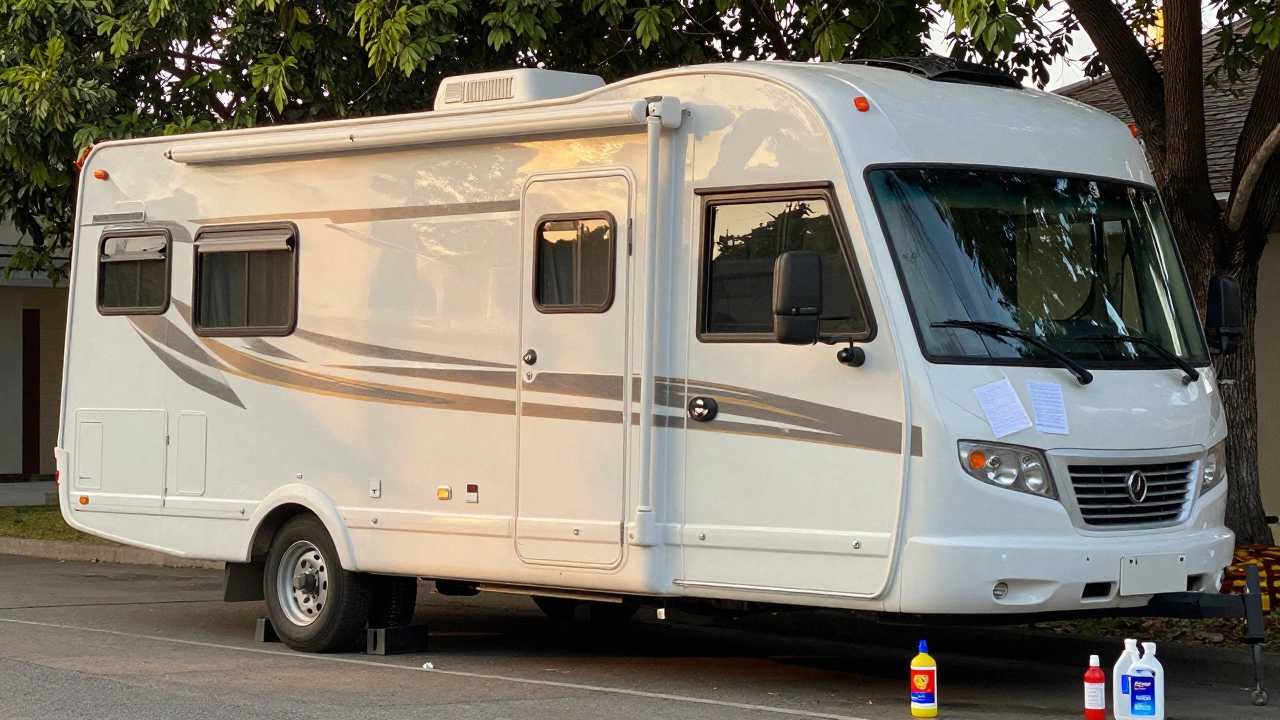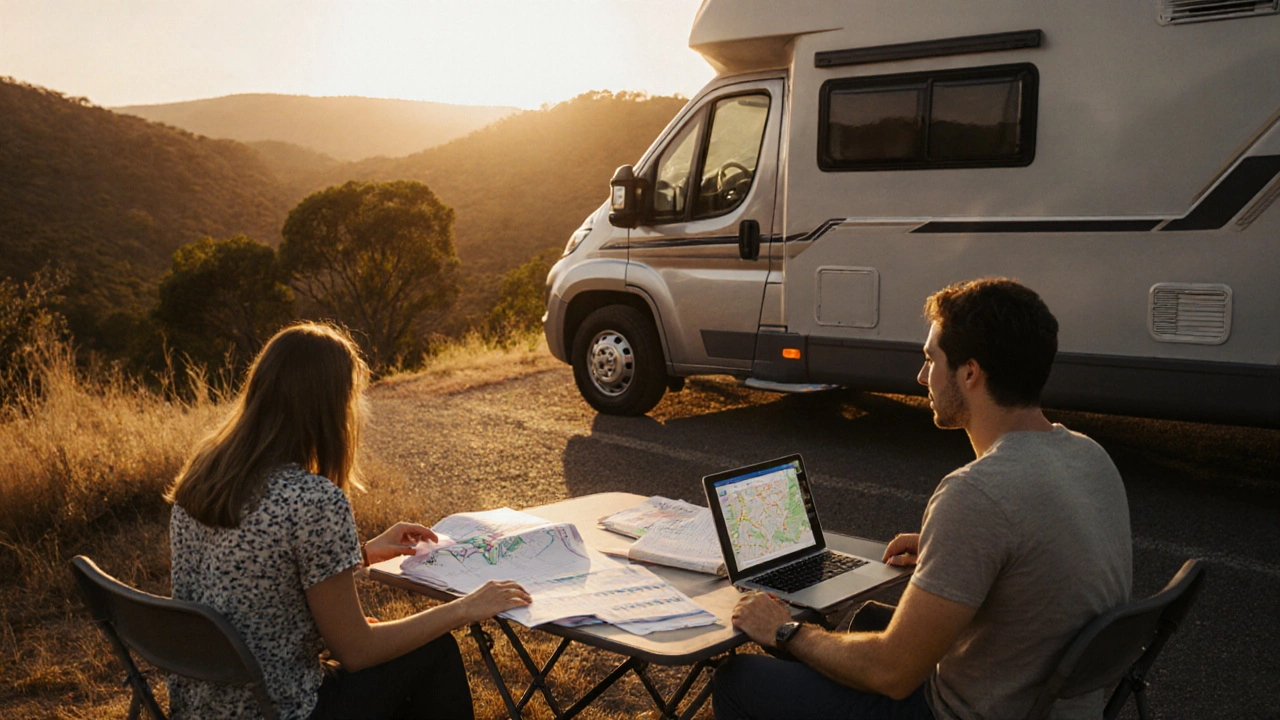Simple RV Maintenance to Keep Your Motorhome Road‑Ready
Owning an RV is great, but only if it runs smoothly. A few regular checks can stop big problems and save cash. Below are the practical steps you can do yourself and when to call a pro.
Every‑Trip Checklist
Before you hit the road, walk around the motorhome. Look for loose cables, cracked hoses, and tire pressure. Check that the lights, brake signals, and turn signals work. A quick visual scan catches most issues before they become expensive repairs.
Next, open the engine bay. Make sure the oil level is between the min and max marks. If it looks dark or gritty, change it now. Also check coolant, windshield washer fluid, and the battery terminals – clean off any corrosion with a wire brush and apply a light coat of grease.
Key Systems You Should Service
Engine and Transmission: Follow the manufacturer’s service interval for oil and filter changes. Even if the engine seems fine, fresh oil protects the engine inside. Change the transmission fluid as advised – it keeps shifting smooth.
Tires and Brakes: Use a tire pressure gauge every week. Keep the pressure at the level listed on the sticker inside the driver’s door. Rotate the tires every 5,000‑7,000 miles to wear them evenly. For brakes, listen for squeaking and feel for any pull to one side. If you notice anything odd, let a shop check the pads and rotors.
Battery: Modern RVs often have a house battery separate from the starter battery. Test the voltage with a multimeter – you should see around 12.6 V when the engine is off. If it drops below 12.2 V, charge it fully and consider a replacement if it won’t hold a charge.
Water and Plumbing: Run fresh water through the system weekly to prevent stagnation. Use a non‑toxic RV antifreeze in the black water tank before you store the vehicle for winter. Check hoses for cracks and replace any that look worn.
Electrical System: Inspect all plug connections and make sure the shore power cord is in good condition. Verify that the inverter and converter are running without strange noises. If any lights flicker, a loose wire could be the cause.
Winter Storage: If you’re storing the RV for months, drain the water tanks, disconnect the battery, and cover the exterior with a breathable cover. Add a fuel stabilizer to the tank to keep the gasoline from breaking down.
Doing these checks yourself takes about an hour and helps you catch problems early. For anything you’re unsure about – especially engine work, brake service, or major electrical repairs – book a reputable RV service centre. A professional tune‑up once a year keeps the warranty valid and gives you peace of mind.
Keep a simple log of dates, mileage, and what you inspected. Over time you’ll see patterns, like a tire that loses pressure quickly, and you can address the root cause. With these habits, your motorhome will stay reliable, safe, and ready for the next adventure.
What Is the Lifespan of an RV? Real-World Expectations for Motorhomes and Campervans
Learn the real lifespan of an RV-how long motorhomes and campervans last based on maintenance, usage, and type. Avoid costly mistakes with expert tips on extending your RV's life.
Ultimate Guide to Planning a Motorhome Holiday
Learn step‑by‑step how to plan a motorhome holiday, from budgeting and route mapping to campsite booking, RV maintenance, packing tips, and safety essentials.

